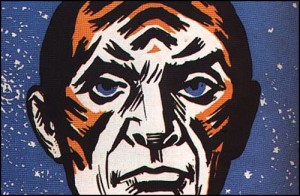

One of Superman’s first tasks was to fight the Nazis, which he did throughout the war years. Jerry Siegel and Joe Shuster created Superman in 1938 in the emerging shadow of World War II and the Holocaust, utilizing the Nazis’ own Nietzschean philosophy of the “Übermensch” or Super Man.

So Asimov-who feared he would have to change his name for being too Jewish, as had happened to another Campbell author-removed any mention of aliens from his work.Īt the same time, young Jewish boys were inventing a new kind of storytelling. Campbell, Jr., was of the genteel anti-Semitic sort: the reason there are no aliens in Asimov’s Foundation is because Campbell believed in the superiority of Man-that is, in the superiority of white Nordic-stock men. And the editor who published them, John W. Before long he was writing his own stories, among them the classic Robot series and the Foundation (a retelling in outer space of the fall of the Roman Empire). The most prominent was Isaac Asimov, who worked in his parents’ candy store, where he devoured the new magazines that showed spaceships and aliens on the cover. Jewish writers flocked to this new literature. At least science fiction’s oldest awards, the Hugos, are named in his honor. It is a sad reflection of the period that many of his writers referred to him as Hugo the Rat, a hint of the anti-Semitism that was never absent from the field.


 0 kommentar(er)
0 kommentar(er)
